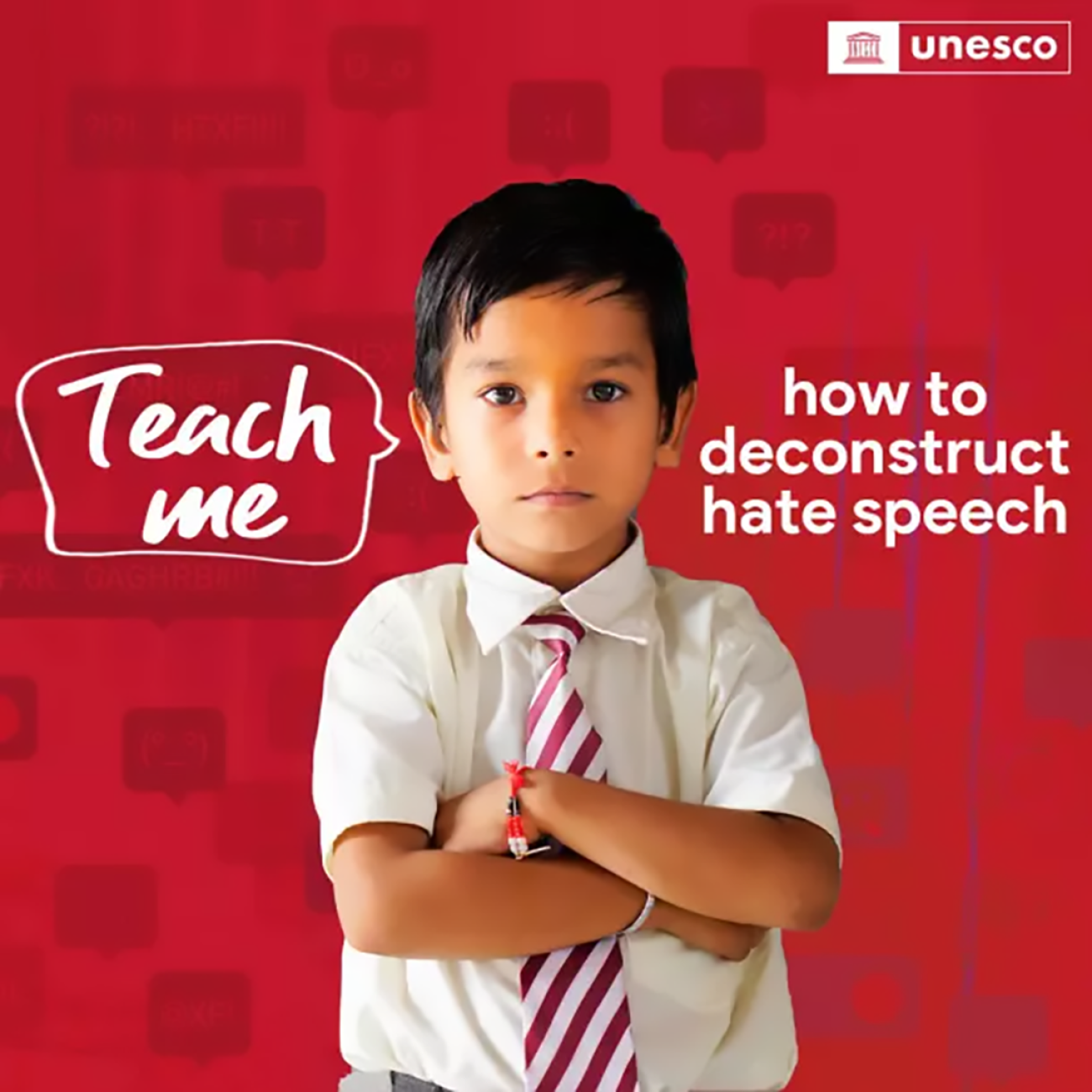On January 24, we commemorate the International Day of Education. This year, the focus is on the crucial role of education and teachers in combating hate speech.
The message from the Secretary-General of the UN for this day emphasizes the fundamental role of education as a human right, the cornerstone of societies, economies, and the potential of each individual. However, he laments the lack of adequate investments, noting that without these investments, the potential of education will wither.
Across the world, we witness a growth in violent conflicts where discrimination, racism, xenophobia, and hate speech go hand in hand. These forms of hatred transcend geographical, gender, racial, religious, political, online, and offline boundaries. An active commitment to peace is now more urgent than ever, with education at its core, as emphasized by Audrey Azoulay, Director-General of UNESCO:
"Because if hatred starts with words, peace starts with education. What we learn changes how we view the world and influences how we treat others. Education must, therefore, be at the heart of our efforts to achieve and maintain world peace."
Learning for peace must be transformative, providing students with the knowledge, values, attitudes, and skills to become peacemakers in their communities. This requires a critical examination of information on social media, the development of empathy and respect for diversity, and the teaching of conflict resolution in a peaceful manner.
In Suriname, with its rich multicultural society, this message is particularly important. We must equip our children with the means to recognize and combat hate speech, and to build bridges instead of walls. This begins in the classroom, with teachers raising awareness among students about the dangers of hate speech and encouraging them to think critically and communicate respectfully.
The Transforming Education Summit of 2023 brought together over 130 countries, including Suriname, committing to universal high-quality education as a central pillar of public policies and investments. The Secretary-General emphasizes the need for all countries to translate their Summit commitments into concrete actions, aiming to create supportive and inclusive learning environments for all students.
Education is a human right, a public good, and a public responsibility. Let's keep the flame of transformation burning. Let's deliver education systems that can support equal societies, dynamic economies, and the boundless dreams of every learner in the world.





